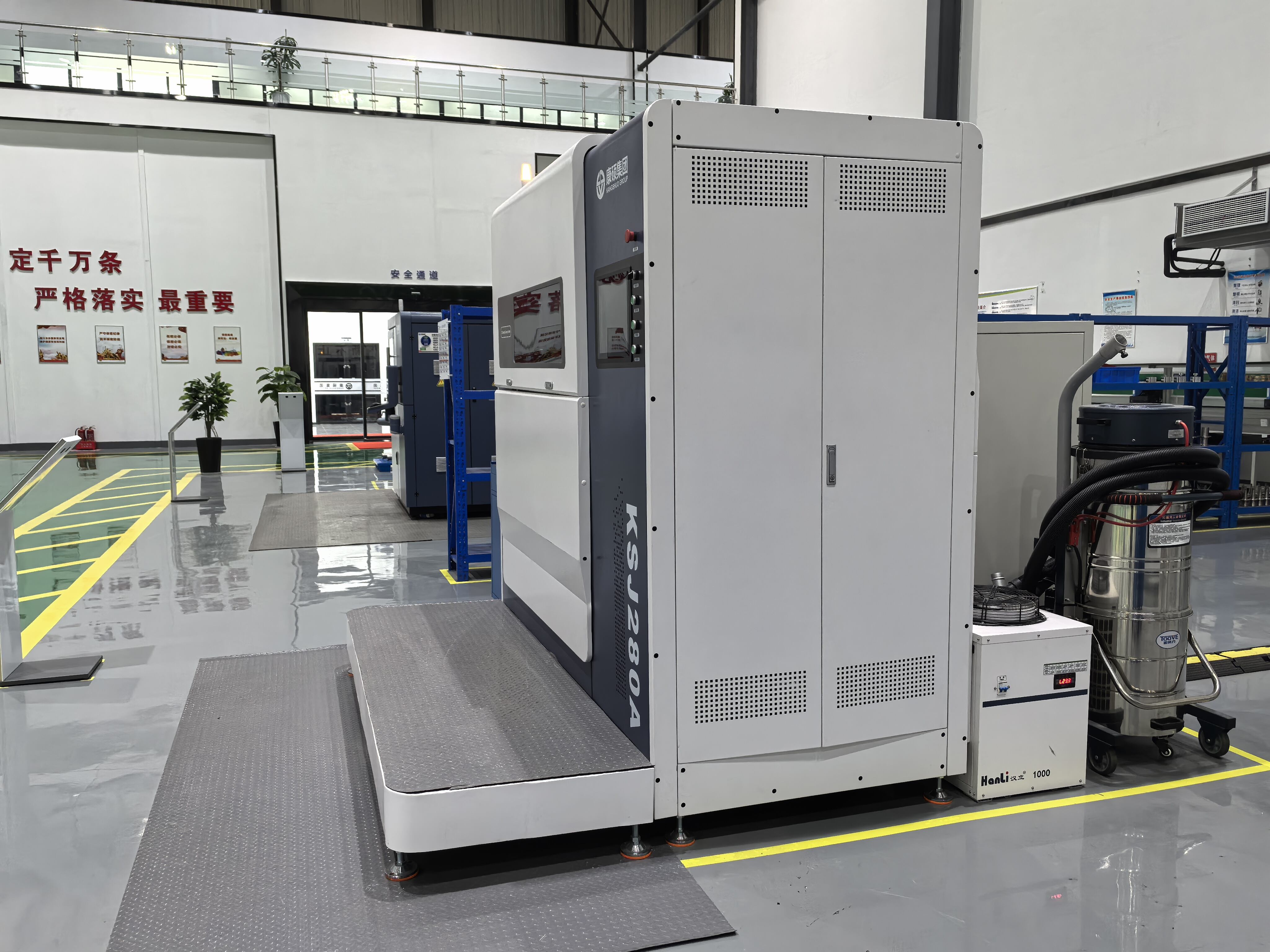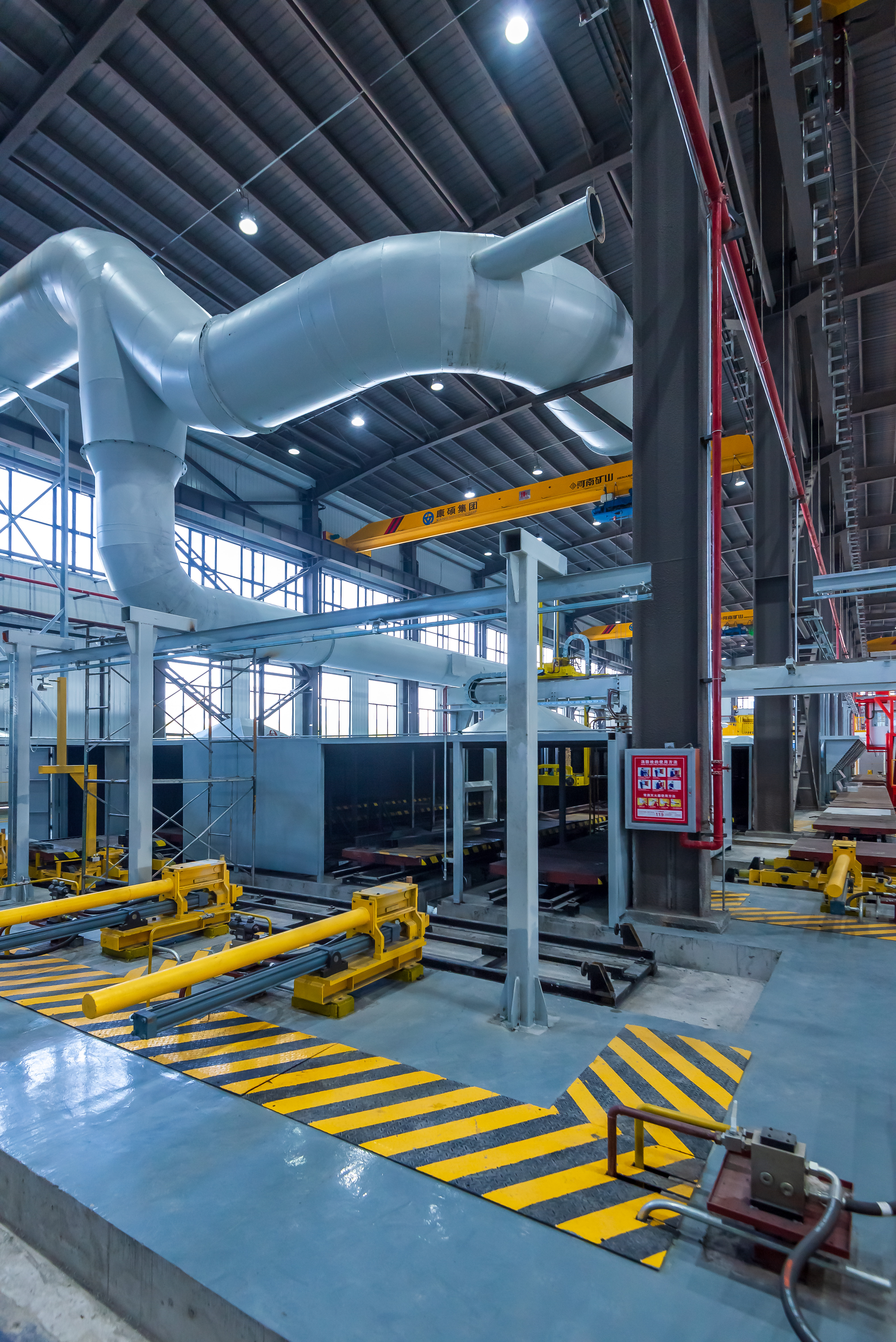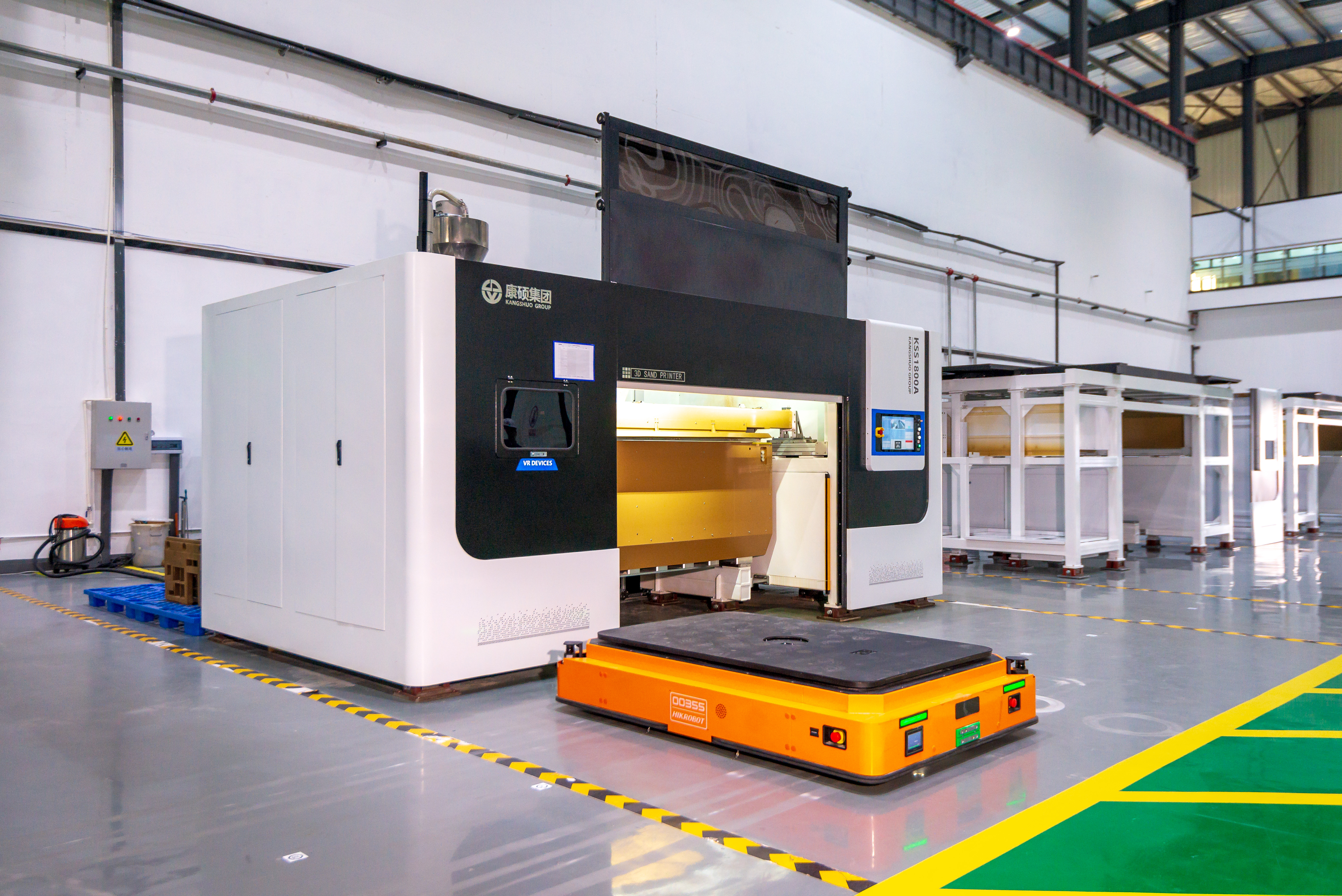gravity mold casting
Gravity mold casting is a sophisticated metal forming process that utilizes gravitational force to fill molds with molten metal. This foundry technique involves pouring liquid metal into permanent or semi-permanent molds, allowing it to solidify under normal gravity conditions. The process stands out for its precision and reliability in producing complex metal components with excellent surface finish and dimensional accuracy. In gravity casting, the mold is typically made from high-grade steel or cast iron, designed to withstand repeated use and high temperatures. The process begins with preheating the mold to ensure proper metal flow and prevent premature solidification. Molten metal is then carefully poured into the mold cavity through a gating system, with gravity facilitating the complete filling of all cavities and details. This method is particularly effective for producing medium to large-sized components with intricate geometries, making it ideal for automotive parts, industrial equipment components, and architectural elements. The process allows for excellent control over the solidification rate, resulting in superior mechanical properties and minimal porosity in the final product. Modern gravity casting operations often incorporate advanced cooling systems and automated pouring mechanisms to enhance productivity and consistency.


